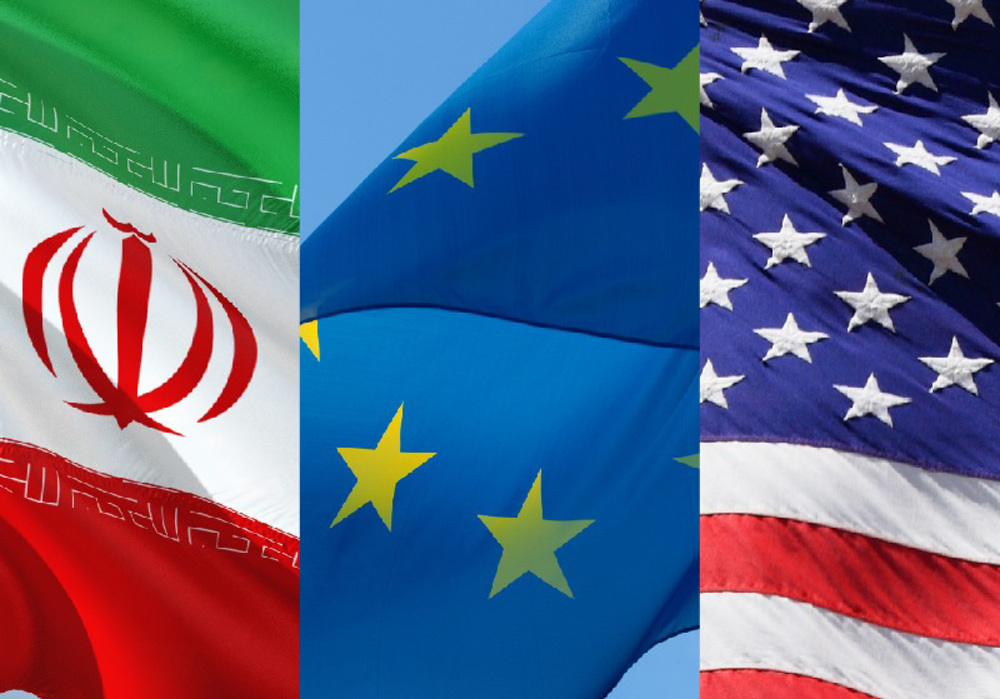Greece starts detaining refugees under EU-Turkey deal
Greece has detained hundreds of refugees landing on its islands in the wake of a deal between Ankara and the European Union to send a large chunk of asylum-seekers entering Europe back to Turkey.
Since the EU-Turkey agreement went into effect on Sunday, more than 1600 refugees arriving on Greek territories have been led to five Aegean islands, where they would be held in detention while their application is under review, officials said Monday.
Under the pact, Ankara is obliged to take back all illegal refugees deported from Greece while the EU will accept thousands of Syrian asylum seekers directly from Turkey.
The agreement requires Turkey to start accepting the illegal refugees who were crossing into Greece on March 20 and the relocation of refugees from Turkey into the EU would occur as of April 4.
However, the deal has already hit setbacks on the island of Lesbos, the main arrival point for large numbers of refugees as local officials there are struggling to adapt to the new system while awaiting hundreds of EU reinforcements.
Greek authorities have stressed that it will take time to start sending refugees back as a staff of thousands is needed to handle the process.
“It won’t be easy,” said Greek Prime Minister Alexis Tsipras.
Dimitris Avramopoulos, the EU’s migration commissioner, who is also Greek, said the implementation of the accord with Turkey “puts great pressure on our country” but Athens is willing to take on the task.

Turkey is already hosting 3 million Syrian refugees who have fled the years-long war waged by foreign-backed militants.
As part of the controversial deal, EU is offering several incentives to Ankara, including the acceleration of its bid to join the 28-member bloc, doubling its refugee aid to €6 billion ($6.8 billion), and providing Turks with visa-free travel in Europe’s Schengen zone by June.
This is while German Chancellor Angela Merkel, a key backer of the scheme, has expressed doubt over the swift implementation of the accord, saying the return process will likely not start until April 4.
The United Nations and several rights groups have objected to the deal, questioning its legal and ethical soundness.
“The devil of that deal will be in the details of how it is implemented and we need to see what happens in the next few days,” UN High Commissioner for Refugees Filippo Grandi said in Ottawa on Monday.
The UN also says such a deal could lead to the collective punishment of refugees.
Europe is facing a massive flow of refugees who are fleeing conflict-ridden zones in Africa and the Middle East, particularly Syria.
Many blame major European powers for the unprecedented exodus of the refugees from their home countries, pointing to Western interference in the conflict zones for an increase in violence and the subsequent departure of more people.

Europe sidelined in indirect Iran-US talks

Spain granted 46 contracts to Israeli military firms since Gaza war began: Report

Spain cancels arms deal with Israeli company over Gaza aggression
No talks on tariffs between China, US: Chinese Foreign Ministry
Hamas: No partial truce, only comprehensive deal acceptable
Yemeni forces target Israeli Nevatim Airbase in retaliatory missile strike
Pakistan carried out US ‘dirty work’ for 30 years: Defense minister
VIDEO | Huge explosion rocks Shahid Rajaee port in southern Iran; over 500 injured
Pakistan says ready to ‘defend sovereignty’ amid rising tensions with India
VIDEO | World leaders, mourners bid farewell to Pope Francis at funeral in Rome
Europe sidelined in indirect Iran-US talks







 This makes it easy to access the Press TV website
This makes it easy to access the Press TV website